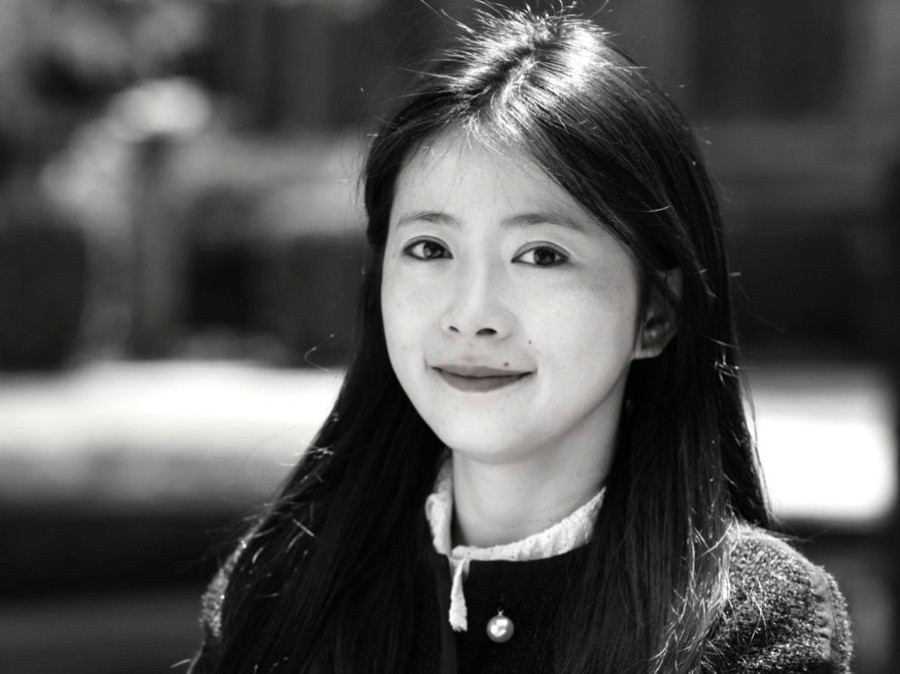Xuxu Song

Spring 2024
Song’s research and teaching interests center on eighteenth- to twentieth-century German literature and its imbrication with intellectual history; translation studies; contemporary migration studies in a global context; European studies; environmental humanities; and women’s studies. Her dissertation, “A Study of the Athenaeum (1798-1800) as the Early German Romantic Work of Art,” demonstrates that the multi-year, multi-volume, and multi-authored journal is in its own right the paradigmatic artwork of the Jena constellation. Song approaches the journal holistically against the backdrop of the aesthetics of its pluralistic authorship, exploring its full diversity of texts and genres. By breaking the internal barriers between canonical and lesser-known contributions and bringing them into dialogue, she traces the polyphonic, interdisciplinary and transcultural work of Symphilosophie/Sympoesie to illuminate a more inclusive and comprehensive knowledge of early romanticism.
Her work is largely motivated by the interest in bringing together “major” and “minor” voices in various kinds of German context. Her current research focuses on the question of how noncanonical and marginalized voices in early romanticism in Jena and Berlin de facto dynamized the scene of intellectual exchange and co-shaped its central aesthetics in ways that are relevant for crucial discussions of global concern of our day. She is working on three essays that go into greater detail on lesser-known yet crucial aspects of romantic aesthetic theory and practice. Each explores a different theoretical perspective: women authors around 1800, romantic nature and ecocriticism, and translation studies.
A second project expands on her recent work theorizing translation in both a literal and metaphorized sense vis-à-vis issues around borders, memory, and inequalities. Anchored in the German tradition yet situated in a wider global context, this project takes an interdisciplinary and multicultural approach. Song approaches translation as an unstable and situational act of re-bordering and a space opened up for uncertainties and chaos, which in turn, via the early romantics, leads to creativity and productivity. Five case studies approach translation, each one correlating it to a case in a different period, discourse, or context such as romanticism and human mobility in the current ambivalent age of (de)globalization. More than a series of thematically grouped close readings, each case study asks the same guiding questions of how “translation changes everything,” to use Venuti’s phrase, and how (under)representations of disadvantaged, unequal experiences in juxtaposition with the dominant and hegemonic can be understood via translation.
Song joined Princeton’s German Department after receiving her Ph.D. in German from the University of California, Irvine, in 2022. She was a recipient of the Andrew W. Mellon Humanities Faculty Fellowship and the DAAD doctoral research fellowship that sponsored her research stay in Mannheim and Frankfurt. She previously studied German at Georg-August-Universität Göttingen and Renmin University of China. Song also holds a Master’s in Public Administration from the University of Southern California. She has interpreted for intergovernmental conferences in Vienna, Bern, Florence, and Los Angeles, and her translation has appeared in Telos.




